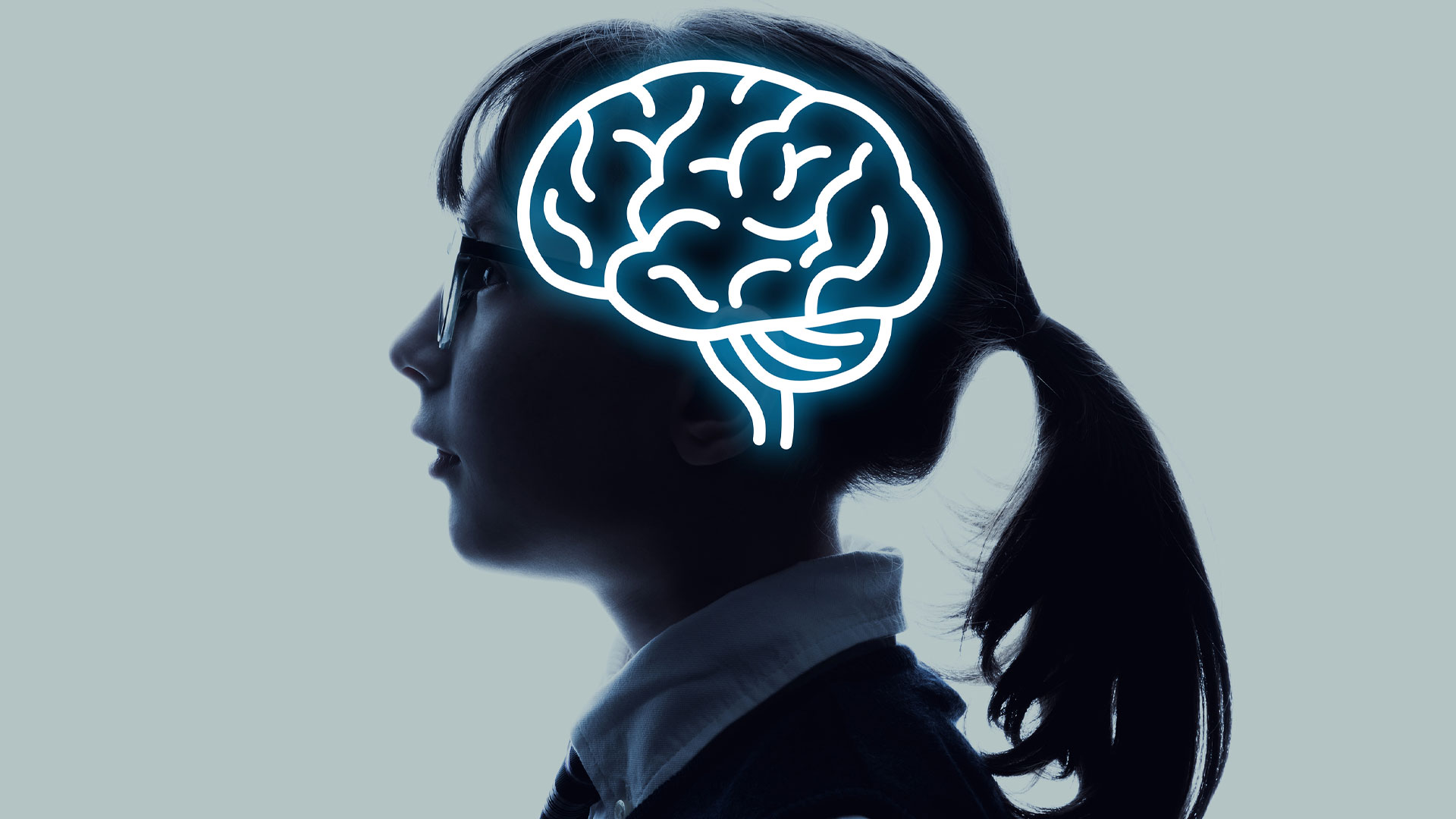Using Educational Neuroscience to Create Inclusive Classrooms

The “mainstreaming” of kids with disabilities into general education school classrooms has become ubiquitous, but its success rate is only moderate. This practice woefully fails at remediating behaviors that are manifestations of a student’s disability. Lagging skills should be the primary focus, regardless of whether they relate to blurting out, for example.
Schools often suspend students who have ADHD for classroom “disruptions” stemming from behavior they cannot control. Educators and administrators regularly resort to disciplinary practices that ignore the rights of students with disabilities and their families. In fact, the idea that consequences are the only path to elicit a change in behavior is pervasive among general education teachers — and wrong. It doesn’t have to be this way. These punitive consequences deny students with ADHD access to an appropriate education.
Applied educational neuroscience, one of the fastest growing areas of research and practice, is a framework through which students and adults (educators, counselors, and parents) learn how to manage and regulate emotions to move toward positive goals. This process also involves teaching students about their own brain function so they can better understand and modify their behavior. Instead of focusing on consequences as a path to correcting undesired behaviors, applied educational neuroscience asks how brains are functioning at any given moment, and provides educators with useful methods of responding, including checking in with their own emotional state.
Many school districts have implemented the Positive Behavioral Interventions and Supports and Multi-Tiered System of Supports frameworks to address classroom behavior, but these often become lists to be checked off rather than embedded into the school culture.
The responsibility of holding schools accountable for following Individualized Education Programs and 504 Plans, and state laws governing the rights of students with disabilities and their families, often falls to the parents of the student involved. This process can be confusing and arduous. While districts are required to inform parents of their rights and assist them with asserting these rights, school administrators who already exhibit difficulty with issues of compliance are not likely to hold up their end of the deal. There should be more oversight, without expecting parents to function as watchdogs over their children’s education. Existing mechanisms of accountability need to change.
We need to teach educators about brain function and the behaviors that stem from ADHD and other diagnoses, and then hold educators and schools accountable when they dole out suspensions instead of teaching executive function skills that boost a student’s chances for success.
Anna Weber, M.Ed., is a special education professional in southwest Michigan and board certified as an advocate in special education. Her son has ADHD.
CELEBRATING 25 YEARS OF ADDITUDE Since 1998, ADDitude has worked to provide ADHD education and guidance through webinars, newsletters, community engagement, and its groundbreaking magazine. To support ADDitude’s mission, please consider subscribing. Your readership and support help make our content and outreach possible. Thank you.




